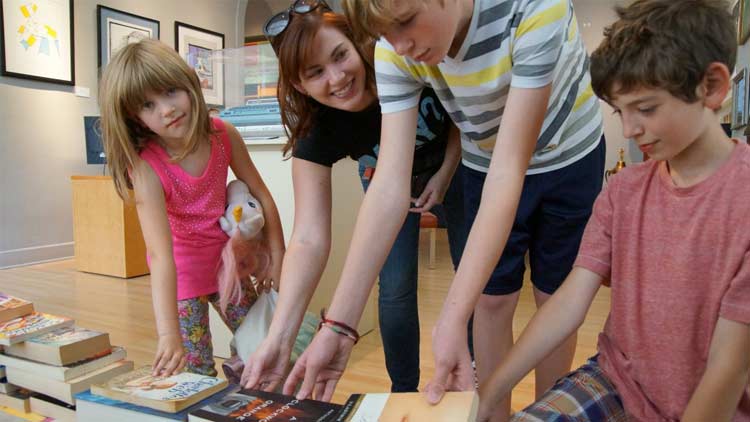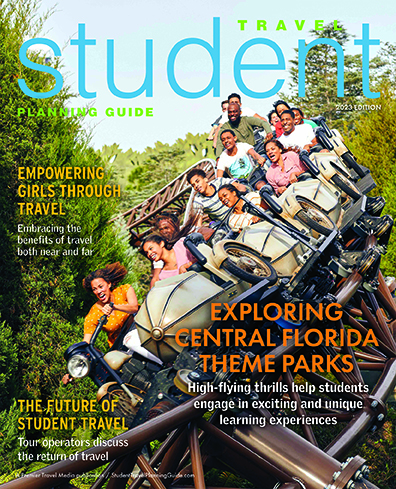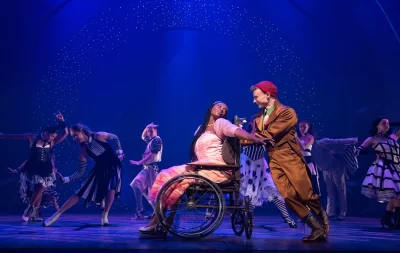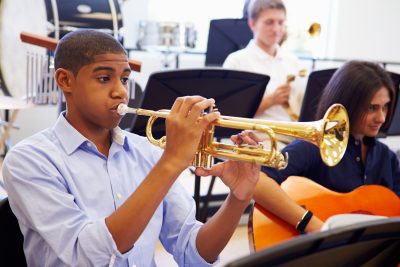Whether you’re just planning a day trip or something more extensive, you’ll need some fun as well as some learning to keep everyone engaged. Here are some tips and tricks for organizing the best all-round trip for your pupils:
Plan In Advance
Planning a trip for your students can take longer than you think. If you’re travelling overseas, you may need to allow time to secure visas. And if you’re travelling with a larger group at home or abroad, finding accommodation for you all can be tricky if you leave it too late. Plan a year in advance for bigger trips or six weeks in advance for day trips. Once you have the logistics sorted, you’ll still have plenty of time for creating fun and educational activities for your time away. In addition, you can hire an expert from Class Taker while traveling if you’re still thinking: “I need someone to take my online class.”
Keep Costs Down
Travelling out of season and booking things yourself (rather than through a tour company) can really help to keep costs down for your students. If the cost of your trip is too high, some students might not be able to attend. You should try to make your trip as accessible to everyone as possible. That way all of your class gets to join in the fun and learn something new too.
Prepare Students and Parents
As trip leader you should set up at least one meeting with students and parents before you embark on your travels. It’s an opportunity to tell everyone what they need to bring and any talk about any trip rules you want to impose. If students will need to bring any specific materials for activities, let them know at this stage too.

Set Objectives
When it comes to organizing an educational field trip or pupil vacation, you need to plan the experience as you would a lesson in class. What are your learning objectives and how do you intend to meet them? Once you have a clear idea of your objectives, planning activities to benefit the students becomes much easier.
Plan Group Activities
Managing larger group activities when you’re away on a trip can be hard work as it can be difficult to find the space to conduct an activity all together. Smaller group activities can be much more fun for everyone involved. Set teams off on a scavenger hunt or ask groups to become “specialists” in different areas of the trip experience. You can then bring the groups back together once you’re back to school to discuss their findings.
Leave Some Free Time
Whilst students are sure to get a lot from the educational aspects of the trip, you don’t want them to feel like they’re in class 24/7. A trip is an opportunity to experience a new place and learn independence too. Leave your students some free time to explore your destination under their own scheme. Or if they’re too young to be left unaccompanied, plan some fun activities such as a games afternoon or a morning at a playpark.
Research and Analysis
To really consolidate your students’ learning, introduce the educational points before you leave for the trip and get them to revisit them upon your return. You could ask them to research your destination online before you depart and answer some quiz questions. Then get them to produce reports or posters to display what they’ve learnt when you all get home.
Organizing a trip for your students requires lots of planning. But when you plan well, prepare your students and have clear objectives in mind, making things fun and educational whilst you’re away will be a breeze.
Corinne Ledling is a Content Manager at Bizstats.co.uk. She loves to share her knowledge and experience with trips and travels in education.






